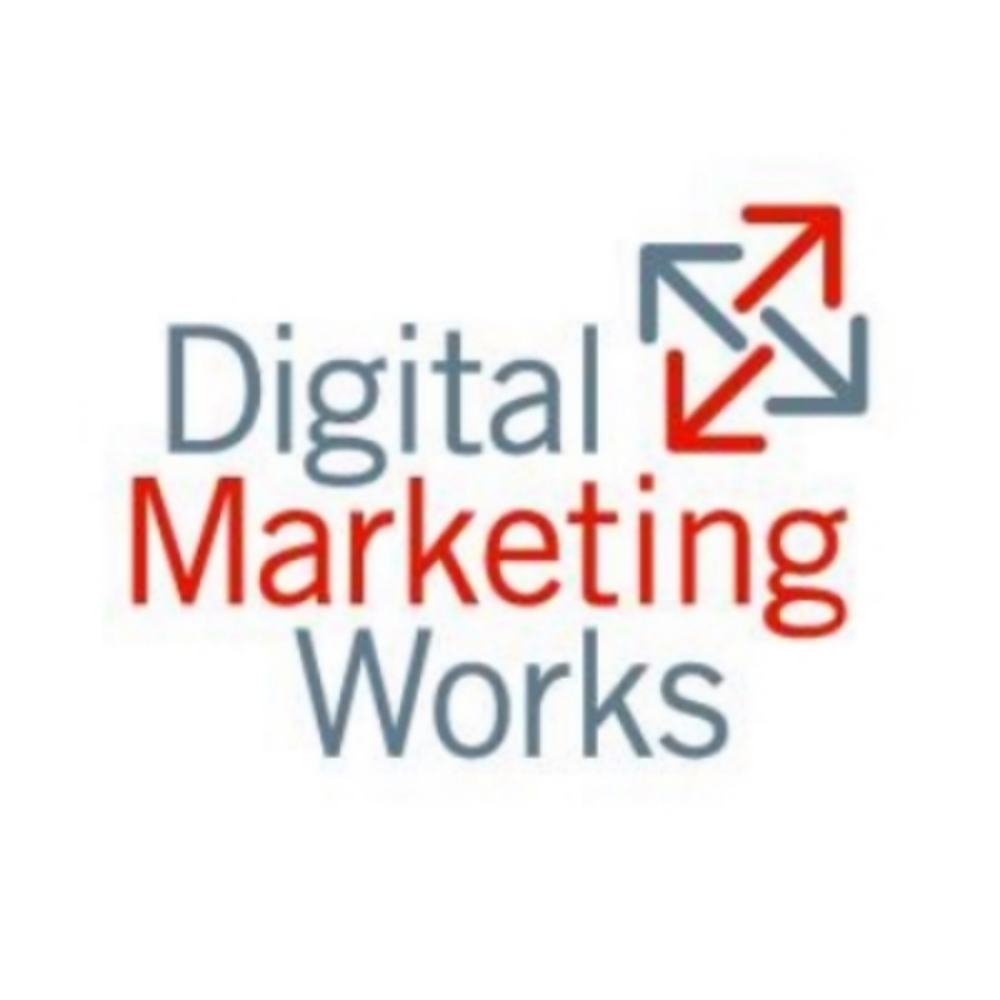Are You Prepared to Cannibalize Yourself?
/It’s 2010 and we’re at an inflection point in technology disruption. Some call it the "post-PC" era. Is this a business opportunity or threat? This question really depends on your perspective, but in any case, it's the wrong question. The Wall Street Journal ran a few interesting articles recently. TPG sees the digital opportunity and has invested in CAA. The media industry is in great flux and there will be winners and losers depending on how each embraces the digital reality. Disney is re-organizing (again) it’s digital business to create a separate business unit that is a profit-center instead of a cost-center as it has been for the last 15 years. The News Corp (Fox) - Cablevision blackout currently affecting 3 million NY area households has digital disruption at it's core. In fact, there is news every day that shows the affects of the technology wave we’re experiencing. The companies affected are run by really smart people. They don’t lack intelligence, scale, brand equity, processes, resources or capital. They have it all. So why are they failing to leverage the opportunity ahead?
The 80’s was defined by the PC revolution, the 90’s by the emergence of the Internet, the 2000’s by electronic commerce. This decade will be defined by the dawn of ubiquitous computing enabled by the convergence of significant technology trends. This paradigm change is defined by cloud-computing, pervasive and higher bandwidth, component deflation, smartphone adoption, natural user interfaces and social media. Technology adoption is being driven from the consumer into the corporation, not the other way around which has driven the last few tech waves and benefited the WinTel alliance.
Incumbents generally treat technology disruption as a threat since they face the “innovators dilemma” (Clayton Christensen). They cannot divorce themselves from their business model, org structure and comforts of business to embrace the opportunities that technology disruption afford. One of the issues is timing and public market pressures. How can a public market leader take a short term hit to profits while they retool to gain a long term share of the larger opportunity? Another issue is the profit unknown and the anxiety this creates. To fully understand opportunity, many leaders need to know where the value is created and this round of technology disruption yields murky views of value creation. The consumer is claiming most of the value through free (low CPM ad supported content), improved entertainment value, greater convenience and productivity, etc. There are business models to be had, however, and some good examples of value-claiming from this round of innovation including Apple’s iTunes, NetFlix, PayPal, Amazon’s Kindle, Google, Facebook, etc.
The hospitality industry has its own flavor of this dilemma. Most clients are treating this wave of technology disruption as a challenge or threat. Few are embracing to create marketing advantage. They ask “is mobile traffic incremental or cannibalizing our existing website traffic”. A decade ago, clients asked me similar questions about online versus offline shopping. My reaction then is the same is it is now, “I would rather cannibalize myself with forward-thinking marketing than be cannibalized by my competition”.

